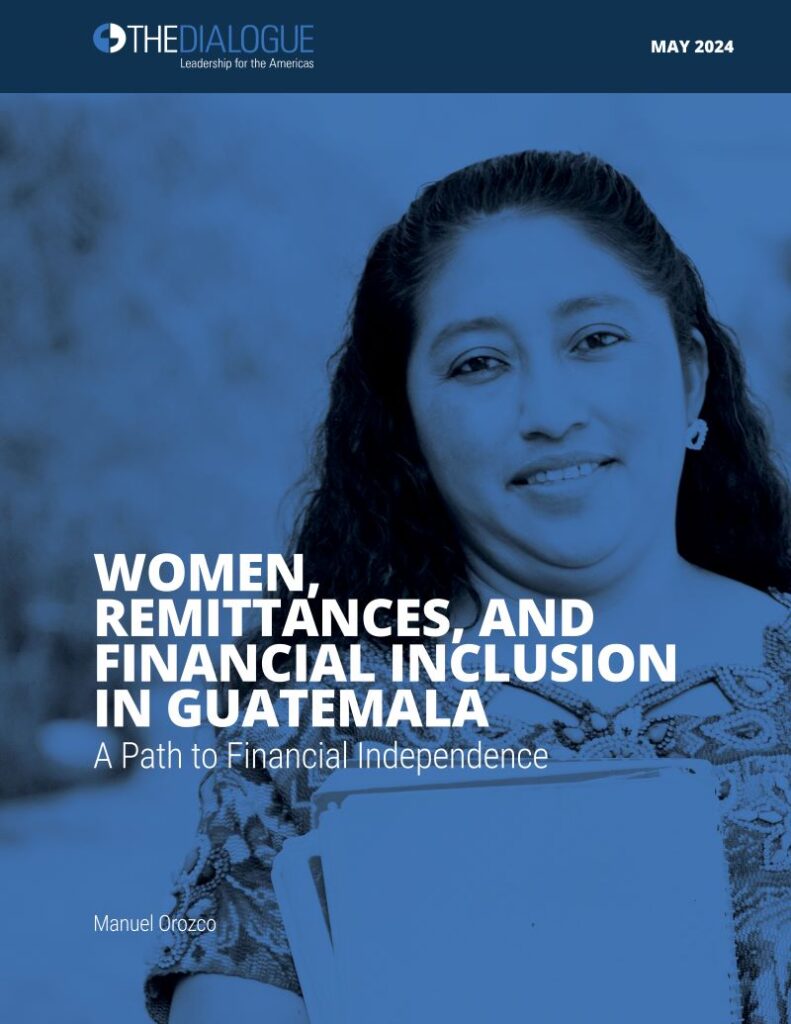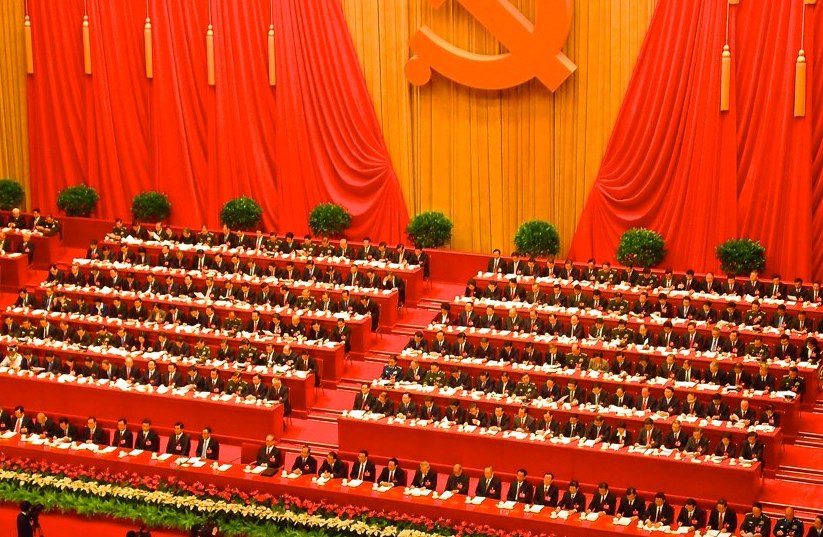This post is also available in: English Português
On May 24, 2024, the Inter-American Dialogue released the report “Women, Remittances, and Financial Inclusion in Guatemala.” The report, produced by Manuel Orozco, director of the Migration, Remittances, and Development program, provides a financial characterization of women in Guatemala, explores barriers to financial inclusion, and outlines a path toward greater financial independence.
Using data collected over the span of ten months from the program’s Prosperity and Progress in Intermediate Cities initiative in Guatemala, the report highlights several key findings:
- Over 40 percent of women are economically vulnerable
- Homemakers and women of Mayan descent are the most vulnerable
- Despite their vulnerability, 66 percent of women have savings
- Only 12 percent of women own a savings account
- 60 percent of women have a relative abroad and receive remittances
- Receiving remittances reduces economic vulnerability by doubling income
- 18 percent of women formalize their savings upon receiving financial advice, further reducing their economic vulnerability
- The percentage of people with an intention to migrate is lower among those who formalize their savings
The report concludes that remittances mitigate the impact of economic vulnerability among Guatemalan women, and alongside financial advising interventions, can lead to greater prosperity for women and society as a whole.



